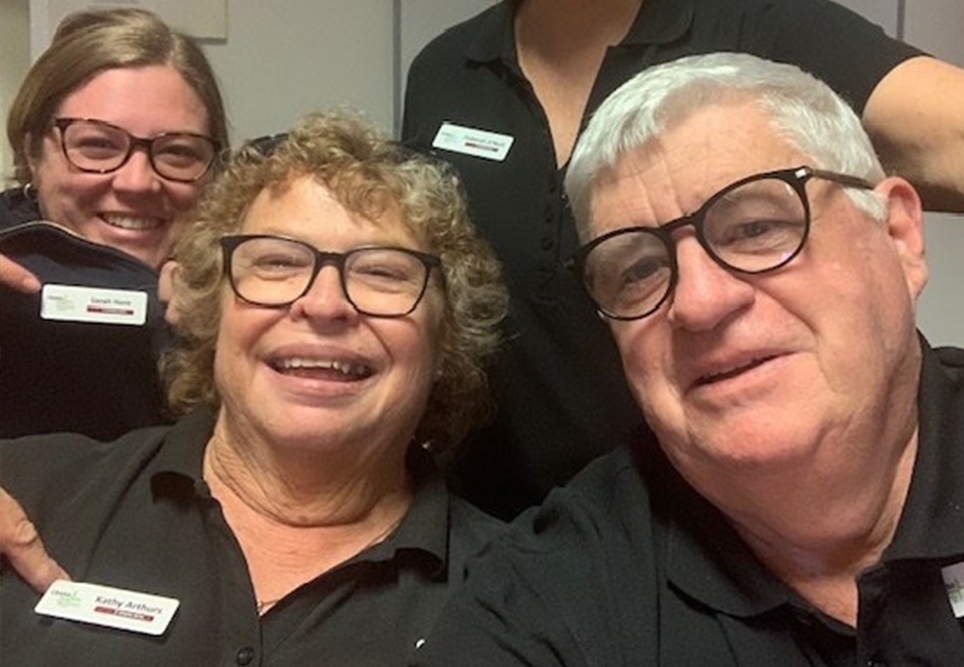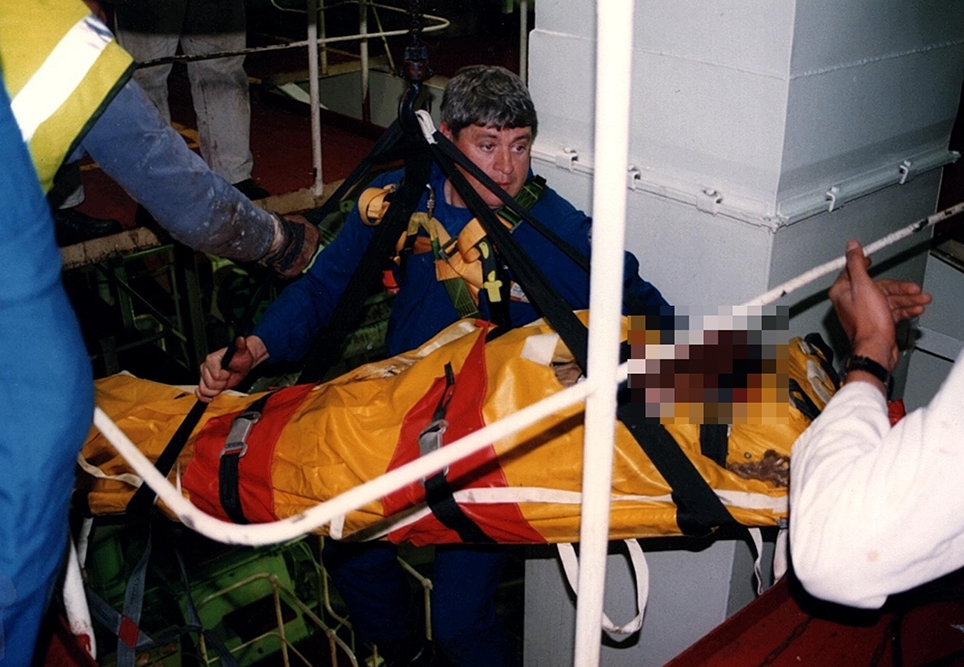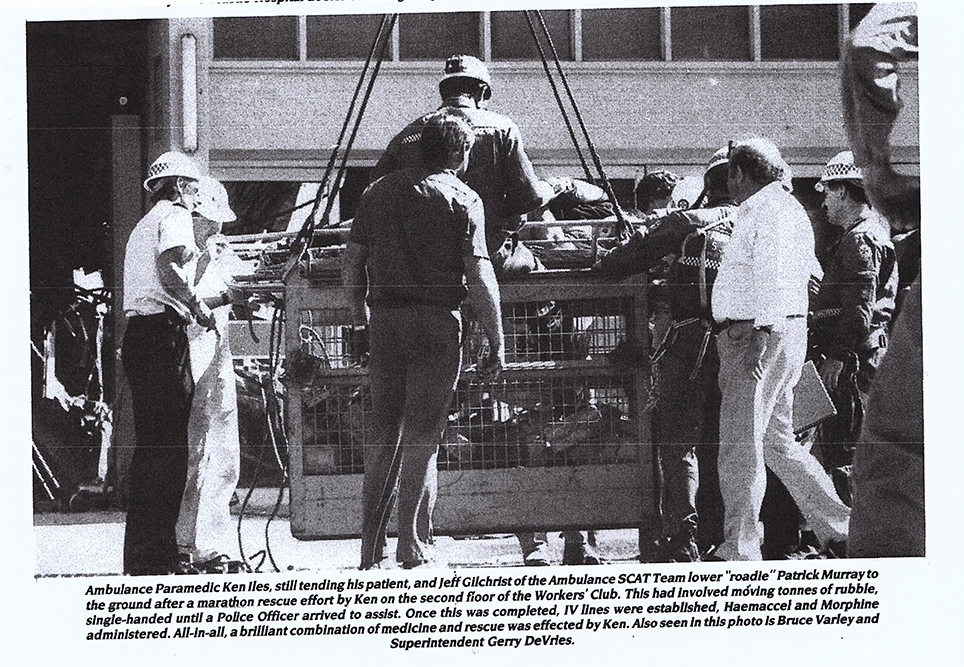This site may not work properly using older versions of Edge and Internet Explorer. You should upgrade your browser to the latest Chrome, Firefox, Edge, Safari, or any other modern browser of your choice. Click here for more information.
Your Stories
This is where we tell your stories, cover topical issues and promote meaningful initiatives.
Facilitator role is a win-win for Ken Iles
Retired paramedic Ken Iles reflects on 16 years supporting rural and remote nurses as a CRANAplus facilitator. “I can’t recommend this move enough,” he says of the personal and professional rewards.
For Ken, becoming a facilitator for the Remote Emergency Care (REC) course wasn’t just about teaching. It was about giving back – to a profession he loves, and to people he has learned to respect.
Ken started nursing at 17, joined the ambulance service in 1979, and became an intensive care paramedic by 1984. His work eventually included helicopter retrievals in remote regions – where he first saw just how vital rural nurses are to their communities.
“We’d fly in to retrieve patients, but those nurses were the ones holding it all together, often without a doctor on site, often using minimal equipment,” he says.
“And they are the ones who stay in the community, continuing to care for patients who might return home with life-changing injuries. They’re not just clinicians – they’re neighbours, support people, advocates.
“The way they manage patients is exemplary.”
An incident 30 nautical miles off Newcastle. A sailor had fallen down a hatch, we flew to the boat and were winched onto the vessel, the only way to extricate the patient was to stretcher them and use the onboard winch to bring them to a usable deck. The harness lifting point had knocked Ken’s hard hat off during the ascent.
Over the years, Ken travelled throughout Australia as a CRANAplus facilitator, bringing critical training to nurses where they live and work. He believes that the provision of CRANAplus courses in rural and remote settings isn’t just convenient – it’s essential.
“It allows nurses to do the course near their families and their workplaces. That matters,” he says.
“The tyranny of distance is real, and being able to learn in place keeps them connected to their communities.”
“It’s such a great thing to pass knowledge on,” he says.
“To help people understand things they didn’t feel comfortable asking anywhere else.”
Ken emphasises that it’s not just about clinical knowledge.
“It’s about creating a space where people feel comfortable enough to ask questions,” he says.
“That’s why having these sessions locally is so powerful – you’re more relaxed in familiar surroundings. You feel seen.”
He also sees facilitation as a two-way exchange.
“It’s a bilateral thing. You give, but you learn too. I worked with a tremendous group of facilitators and I also learned a lot from the course participants I met along the way.”
Ken’s time in rural health has shown him how emotionally taxing the work can be.
“In the city, we forget what isolation really feels like,” he says.
“There’s not always someone to debrief with, especially after significant events.”
He’s a strong advocate for the CRANAplus Bush Support Line, both professionally and personally.
“The stronger person is the one who’s brave enough to say, ‘I need help.’”
After the sudden death of his sister, Ken turned to the Bush Support Line for support.
“It helped. It really did,” he says.
Now close to 70, Ken says it was very difficult for him to step away from facilitating.
“It was a very hard decision,” he admits.
“But there are younger, smarter people ready to take it on. I’d say to anyone thinking about volunteering: ‘just do it’. You’re not losing anything. You’re gaining. You learn, and you feel good about yourself.”
CRANAplus courses are contextualised to remote and isolated practice, and we are always looking for skilled, experienced and positive volunteer facilitators to help run them. To express interest in becoming a CRANAplus facilitator, phone CRANAplus on 07 4047 6400 or email education.admin@crana.org.au


